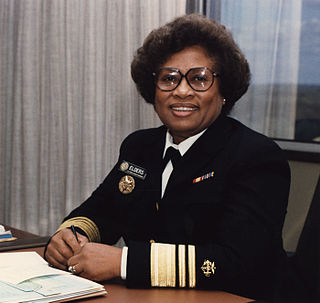A Quote by Mike Quigley
Since 1975, violence has been recognized as a public health problem, in large part to former Surgeon Generals Dr. Koop and Dr. Satcher's pioneering efforts to make the health approach a national priority. Since then, we've seen that violence can be curbed - and stopped - if we treat it as we would any other epidemic health concern.
Related Quotes
My colleagues from the Department of Health Behavior and Health Education are working on participatory public health initiatives in Michigan, and there is much that we can learn from each other. In fact it is essential that we strengthen efforts to learn from each other, and stop considering public health in the third world and in the U.S. as separate intellectual and practical endeavors.
I've pretty much always used my positions as a bully pulpit. What that means is strongly advocating for the things I feel are really important. Gun violence, to me, is the highest-priority public-health issue, and I have to make sure Congress is aware of it, the American people are aware of it, the president is aware of it, and that we all begin together to develop policies to exterminate the disease - the epidemic, really - of gun violence.
According to the CDC, more than one in three women and one in four men in the United States have been victims of domestic violence. It is a widespread public health problem, and every year 1,600 women and 700 men are killed by their intimate partners. One of the biggest risk factors that domestic violence will become fatal is the presence of a gun.
I'm not into animal rights. I'm only into animal welfare and health. I've been with the Morris Animal Foundation since the '70s. We're a health organization. We fund campaign health studies for dogs, cats, lizards and wildlife. I've worked with the L.A. Zoo for about the same length of time. I get my animal fixes!
Although a government study found that men's health was much worse than women's health or the health of any minority group, headlines around the country read: 'Minorities Face Large Health Care Gap.' They did not say: 'Men Face Large Health Care Gap.' Why? Because we associate the sacrifice of men's lives with the saving of the rest of us, and this association leads us to carry in our unconscious an incentive not to care about men living longer.
































